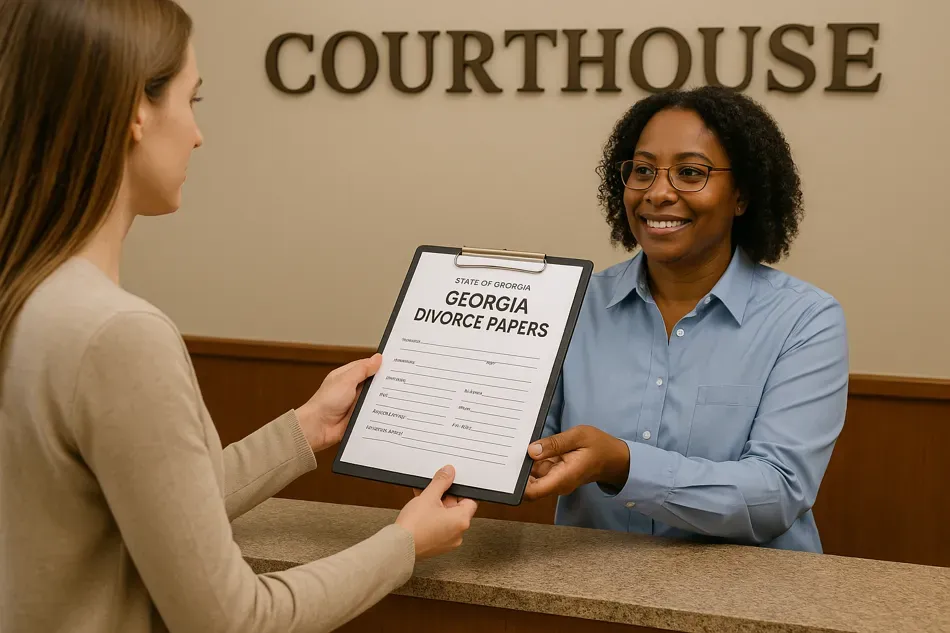Practice Areas
Blog Categories
What Are The Divorce Laws In Georgia?
The divorce process can be complicated, messy, and difficult to understand.
That’s why if you’re going through a divorce of your own, you deserve to have quality representation that will help you understand the proceedings. You deserve someone who can educate you on law and provide support and help with any difficult or volatile situations.
In reality, your divorce help should include all of that while still fervently fighting for a peaceful, amicable, and fair resolution.
When it comes to the education aspect, you may find yourself first wondering what the divorce laws are in Georgia, and how they might relate to your situation.
At The Fairell Firm, our passionate and fearless divorce lawyers are well-versed in the Georgia divorce laws, and we understand and fight for your rights throughout the process.
Keep reading for a brief rundown on Georgia divorce laws so that if or when you need divorce help in Atlanta, you know exactly where to turn.
Residency Requirements
When it comes to filing for divorce in Georgia, you need to first understand that there are residency requirements.
Of the many divorce laws in Georgia, the residency stipulations are among the easier aspects to understand. Simply put, at least one of the parties, whether it be husband or wife, must have resided in Georgia for a minimum of six months before a divorce can be filed in the state.
There are certain exceptions which can be made for military personnel, but essentially the court will dismiss the case if at least one of the parties has not resided in Georgia for six months prior to the petition.
Grounds For Divorce
In Georgia, your divorce petition must include a declaration of the
grounds for divorce, whether it be no fault or fault. This will set the stage for the direction of your case, and help the court to determine the appropriate plan of action. Here are the different
grounds for divorce in Georgia:
- No Fault: Essentially, this amounts to an amicable situation in which both parties agree that the marriage is broken and irreparable. In the event of a no fault divorce filing, the case moves along quickly and only requires the divorcing spouse to prove that the marriage is broken. Should the court find the reasoning acceptable, they will grant the divorce.
- Fault: On the other hand, a divorce aiming to prove “fault” means that the divorcing spouse must provide facts and reasoning in order to justify the divorce. Fault could include things like infidelity, impotency at the time of marriage, mental incapacity at the time of marriage, force or fraud while obtaining the marriage, cruel treatment or abuse, habitual intoxication or drug addiction, and more.
Documents Needed
In order to start the divorce process, and ultimately finalize the divorce, you (as the petitioner, or divorcing spouse) will need to fill out a few primary documents. These include a Petition for Divorce and Final Judgment, and a Decree of Divorce. Georgia law may also require you to complete documents like a disclosure statement, marital settlement agreement, and more depending on the nature of your case. To get assistance with these documents or general divorce help, consult a trusted divorce attorney near you.
Atlanta Divorce Help
While this is a general and very brief summation of divorce laws in Georgia, it’s important to recognize that this is not a process that should be taken lightly. Whether you are the divorcing spouse or the respondent, it’s imperative that you have quality representation that will guide you through the process and work toward a fair and final resolution.
If you are looking for divorce help in Atlanta, take the time to meet the divorce lawyers at The Fairell Firm. We can help you secure your future in a fair and reasonable manner. Schedule your initial consultation today.








